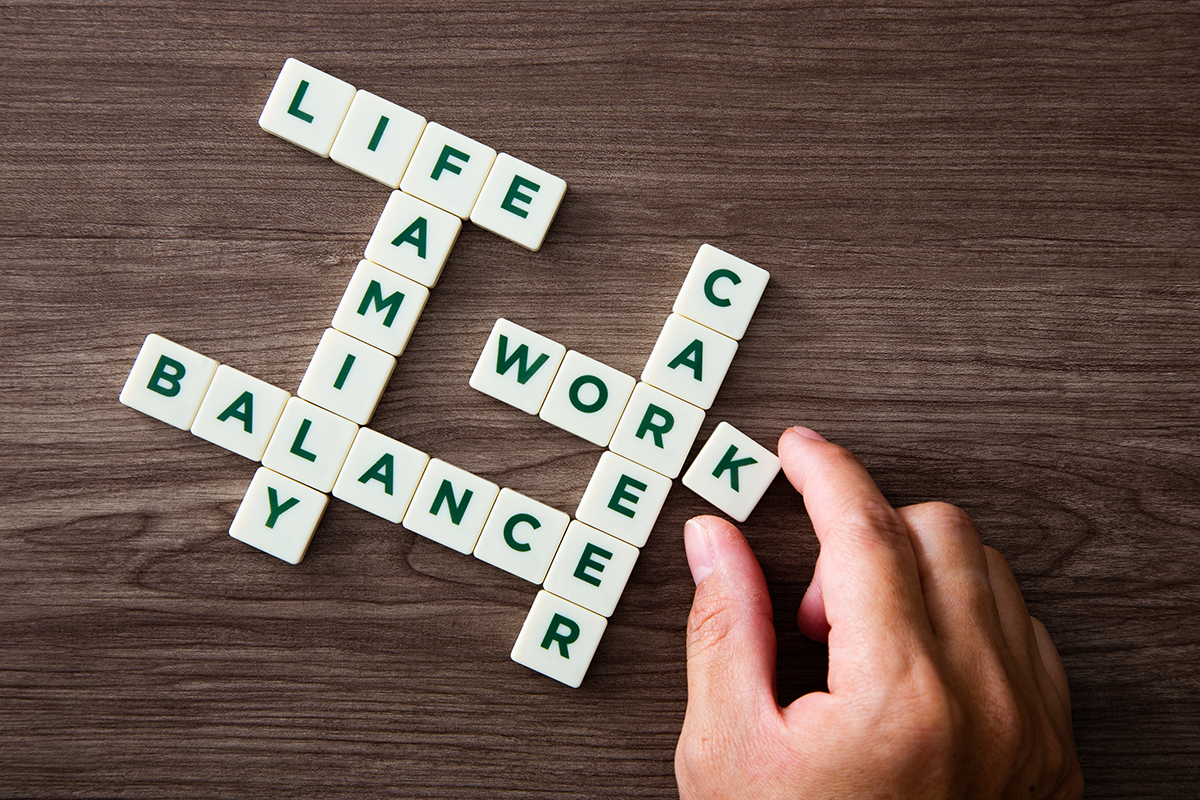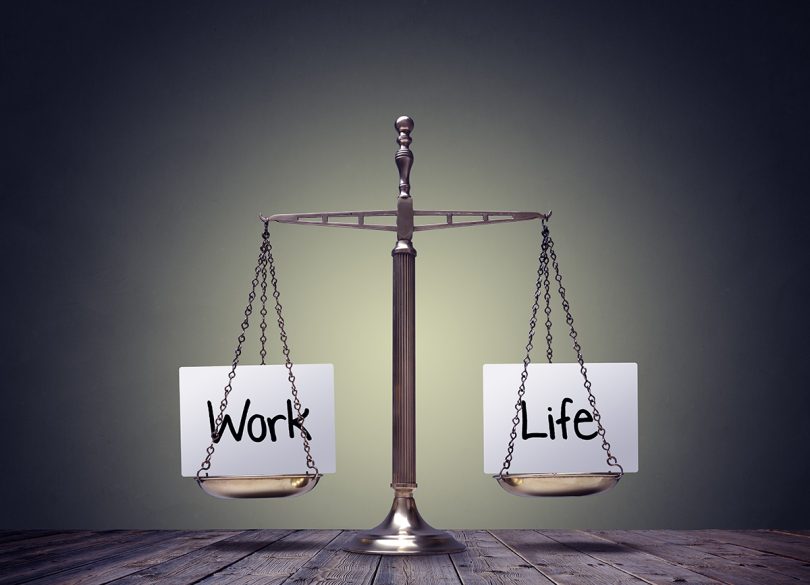Creating a healthy work-life balance in relationships can often feel like a tightrope walk in today’s busy world. The constant juggling between career aspirations and personal commitments can lead to stress, strained relationships, and burnout. However, a healthy balance is achievable and critical for personal wellbeing, relationship satisfaction, and professional success. This comprehensive guide will provide the necessary insights, strategies, and advice to help you navigate the delicate balance between work and personal relationships.
Table of Contents
- The Importance of Work-Life Balance in Relationships
- Common Challenges in Achieving Work-Life Balance
- Effective Strategies for Achieving Balance
- Practical Tips for Balancing Work and Relationships
- Case Studies: Success Stories
- Summary
The Importance of Work-Life Balance in Relationships
The concept of work-life balance goes beyond simply dividing hours in a day to various activities. It’s about the quality of time spent and the satisfaction derived from both our professional and personal lives. Here’s why achieving a work-life balance in relationships is not only beneficial but essential:
- Promotes Health: Chronic stress and fatigue from a work-dominated lifestyle can lead to various physical and mental health issues, such as heart disease, diabetes, and depression. By finding a balance between work and personal life, you can better manage your stress levels and maintain optimal health. Furthermore, investing time in relationships and personal activities can provide emotional support and happiness, contributing to overall wellbeing.
- Improves Relationships: Relationships are the backbone of our personal lives. Spending quality time with loved ones, understanding their needs and emotions, and providing them with the necessary support fosters better understanding and stronger connections. A healthy work-life balance enables us to invest in these relationships, leading to improved relationship satisfaction and emotional wellbeing.
- Enhances Productivity: Contrary to popular belief, working longer hours does not necessarily lead to increased productivity. In fact, striking a balance between work and personal life can result in better focus, creativity, and motivation, thereby increasing productivity and work satisfaction. Moreover, a balanced lifestyle helps prevent burnout and keeps you motivated and engaged in your work.

Common Challenges in Achieving Work-Life Balance
While the benefits of maintaining a work-life balance in relationships are clear, achieving this balance is not without its challenges. The modern lifestyle presents several obstacles that can make it difficult to balance our professional and personal lives. Let’s delve into some common challenges that people often face:
- High Work Demands: The modern work culture often equates busyness with success. As a result, many individuals find themselves working long hours, overburdened with responsibilities, and striving to meet unrealistic deadlines. This overemphasis on work can leave little time for personal activities and relationships, making it challenging to maintain a balanced lifestyle.
- Technology: Technology, despite its many benefits, has blurred the boundaries between work and home. Smartphones, laptops, and the internet have made it possible to bring work home and be available round the clock, making it difficult to disconnect from work and dedicate undivided attention to personal life and relationships.
- Social Expectations: Society often puts pressure on individuals to succeed professionally. The constant race to achieve more, earn more, and be more can sometimes overshadow the importance of personal relationships and life satisfaction. These societal expectations can make it difficult for individuals to prioritize their personal life and strive for balance.
Effective Strategies for Achieving Balance
Despite these challenges, it’s possible to achieve a healthy work-life balance with the right strategies. Let’s explore some effective strategies that can help you maintain a balance between your professional and personal lives:
- Time Management: Effective time management is crucial for achieving a work-life balance in relationships. It’s about identifying priorities, delegating tasks when possible, and making conscious decisions about how to spend your time. This approach not only reduces stress but also frees up time for personal activities, fostering a more harmonious work-life balance in relationships.
- Setting Boundaries: Establishing clear boundaries between work and personal life is another essential strategy for achieving a work-life balance in relationships. This might mean turning off work-related notifications after work hours, designating certain times of the day for personal activities, or setting a limit to the number of hours you work each day. Setting boundaries helps prevent work from encroaching into your personal life, thereby reinforcing a healthy work-life balance in your relationships.
- Communication: Open and clear communication is key in any relationship, and it becomes even more critical when striving for a work-life balance in relationships. Discussing your work schedules, pressures, and commitments with your partner can help them understand your professional demands. Similarly, understanding their needs and expectations can help you meet their emotional needs, thereby sustaining a balanced work-life dynamic in your relationship.
Practical Tips for Balancing Work and Relationships
Apart from these strategies, here are some practical tips that can help you better balance your work and personal relationships:
- Establish a Routine: Having a structured daily routine is a key aspect of maintaining a work-life balance in relationships. By managing your time effectively, you can ensure that both your work and personal life receive sufficient attention. Make sure to include regular breaks and personal time in your routine to prevent burnout and ensure overall wellbeing.
- Practice Mindfulness: Mindfulness, focusing on the present moment and accepting it without judgment, can be an effective tool in achieving a healthy work-life balance in relationships. It can help you manage stress, improve focus, and enhance emotional wellbeing. Whether you’re working or spending time with your loved ones, being fully present and engaged in the activity can maximize satisfaction and productivity.
- Take Care of Your Health: Good physical health is the foundation of overall wellbeing and a balanced work-life relationship. It is essential to eat a balanced diet, get regular exercise, and ensure adequate sleep. Regular self-care activities not only help manage stress and maintain emotional health but also support a harmonious work-life balance in your relationships.

Case Studies: Success Stories
While implementing these strategies may seem daunting at first, there are many individuals who have managed to strike a balance between their professional and personal lives successfully. Let’s look at some inspiring examples:
Jane Doe, Corporate Lawyer: Jane has a demanding job that often requires long working hours. Despite her busy schedule, she has managed to maintain a healthy work-life balance through clear communication, setting boundaries, and effective time management. She and her partner have a designated ‘couple time’ that is non-negotiable, regardless of how busy they are. This approach has not only improved their relationship but also enhanced Jane’s focus and productivity at work.
John Doe, Entrepreneur: John, as a business owner, used to work round the clock, which affected his personal life. Recognizing the negative impact of his work-centric lifestyle, John decided to make a change. He started delegating tasks more effectively, set clear work-life boundaries, and made it a point to spend quality time with his family. His new approach not only improved his personal life but also contributed to the growth of his business.
Summary
Achieving a healthy work-life balance in relationships is not something that happens overnight. It requires conscious effort, strategic planning, open communication, and a commitment to prioritize personal wellbeing alongside professional growth. Despite the challenges, the rewards of a balanced lifestyle are tremendous. It can strengthen your personal relationships, increase your work performance, and most importantly, contribute to your overall wellbeing. Remember, balance is not about perfection; it’s about creating a lifestyle that brings you fulfillment and happiness in all aspects of your life.








Leave a Comment